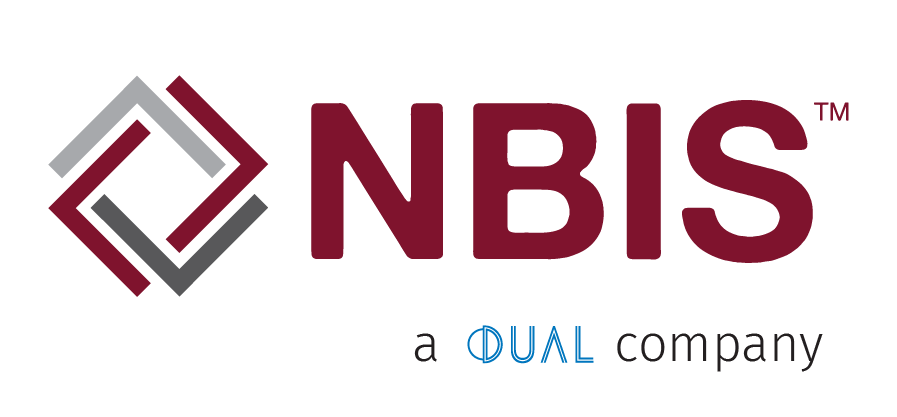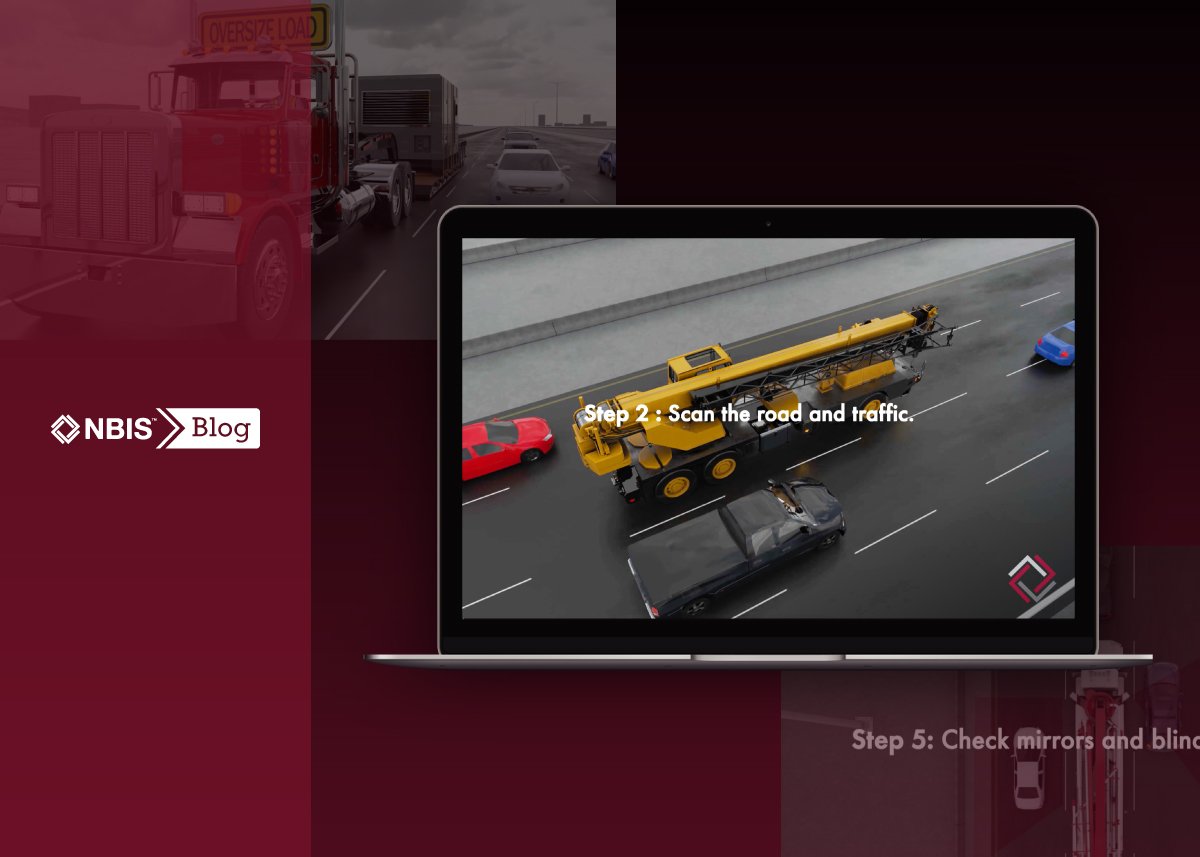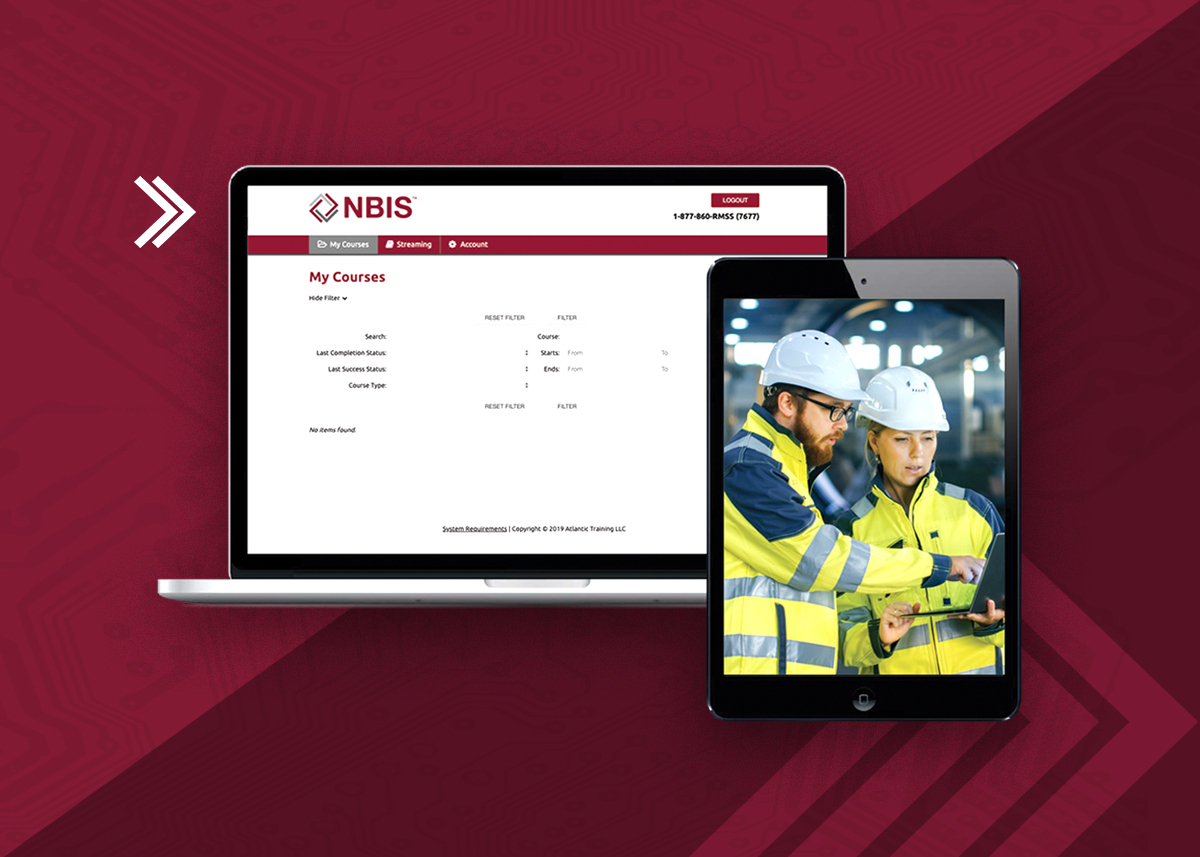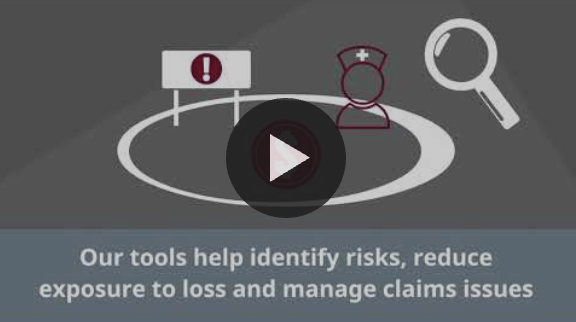Moving from CSA to IRT
If you’re in or around the trucking industry these days, you know there are three letters dominating many of the conversations: IRT. IRT, which stands for “item response theory” is the new CSA program methodology FMCSA is adopting to develop a more statistically principled approach to measuring carrier risk.
FMCSA and others believe that IRT methodology is more effective in accurately identifying a poor safety culture because it uses scientific data to measure factors the old SMS (safety measurement system) couldn’t account for. What this means is that CSA is moving away from trying to predict crash risk and instead focusing on safety culture. The new IRT model will move beyond the current seven BASICs and replace it with one “safety culture score”, which is generated by analyzing the 66 violation groups that currently exist in CSA. Using scientific data, IRT identifies industry patterns and prioritizes violation groups based on their potential to open the door to other risks.
As you might imagine, safety culture is more important now than ever. While CSA is an ever-evolving project and we don’t know everything at this exact juncture in time, we do know that if you don’t have the right plans and procedures in place, or if you have many violations across a number of categories, you’re not going to fare very well in this new system. But that’s where managing your drivers and promoting safe driving throughout your organization come into play.
In the past, motor carriers manually tracked driver behavior by referring to static driving records. This often left organizations without adequate visibility into which drivers were most responsible for escalating insurance costs and liability concerns. The solution has always been right in front of us, but it’s been a difficult one to get to: accumulating all the driver data in one place.
SambaSafety, a leading provider of driver risk management software, has been working behind the scenes to develop a new CSA scorecard, based on the IRT methodology for the CSA Fast Act Score Model, to give users a sneak peek at how they might fare in the new system.
“Our analysis shows that the IRT model is an effective means of identifying a poor safety culture at motor carriers and will represent a significant improvement in the overall effectiveness of the CSA program,” said Steve Bryan, executive vice president and general manager for SambaSafety Transportation. “However, IRT… almost completely changes the building blocks of CSA. There are no longer any violation weights, CSA points, BASIC measures or safety event groups. The new, single CSA BASIC Score is a very different way of representing the safety culture of a motor carrier.”
SambaSafety’s product aggregates driver data into a single platform and provides a propriety driver scoring system to help protect an organization’s reputation, lower risk and improve the bottom line. The software continuously monitors for negative changes, alerts an organization of negative activity, automates risk analysis and presents a proprietary “Driver Risk Score” in an easy-to-use driver dashboard. Motor carriers now have the ability to see who the high-, medium- and low-risk drivers are by using a single platform.
Perhaps the biggest takeaway from using continuous monitoring tools like Driver Risk Management is that it changes the behavior of an organization’s drivers, which leads to fewer citations and incidents— all leading indicators of risky driving behavior. And since FMCSA also plans to use the IRT model to improve data collection and evaluate the potential of adding new data sets, including “carrier characteristics” data such as driver turnover rates, compensation levels and types of cargo hauled, it makes sense to implement a solution like Driver Risk Management today.
To learn about the deep discounts NBIS policyholders receive to SambaSafety’s Driver Risk Management tools, contact Chris Nelson or another NBIS Risk Management Specialist today at 877.860.RMSS or www.nbis.com.






